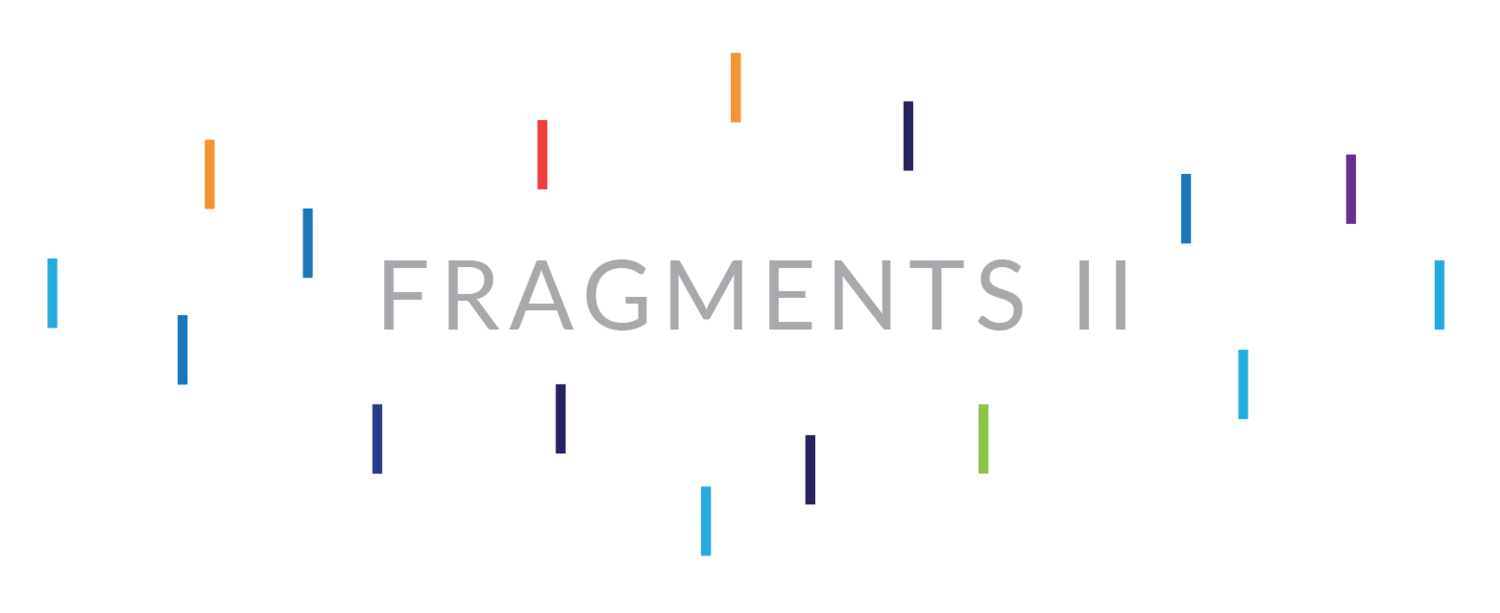Covid-19 and the Out of Sync School
Back in 2014, in the days before the world stood still, a man named Greg Satell sat at his desk and explained the concept of synchronized systems.
Think of the human heart, he said.
“They rely on millions of pacemaker cells to coordinate every second of our lives. If they falter even once, we cease to exist. Yet they rarely do. They continue to carry out their mission, with little conscious effort to organize them on our part.”
In the same way, he concludes, great companies are those that have achieved a state of almost effortless and self-perpetuating flow in which thousands of moving parts work together in symphonic harmony.
Reflecting on the disruptive impact of a global pandemic on our schools over the past eighteen months, it could seem to many that the return to “normal” (for those of us fortunate enough to have reached this chapter of the story) implies that our systems have rebooted and that these well-oiled pedagogical machines are firing again on all cylinders and moving full steam ahead.
And yet, as I talk with colleagues around the world, I hear the same story over and over again: Things look the same, but somehow school feels different.
There are likely many ways to interpret this collective dissonance, but I think that there is a clue in Greg’s idea of synchronized systems.
In short, in the days after the world stood still, we find ourselves - both personally and organizationally - a little out of sync.
Being out of sync is almost indiscernible at first. On the surface at least, everything is moving as it should and is in its proper place. The routines are the same and, viewed as a series of component parts, nothing appears to be “broken”, except that the sense of flow is somehow missing and there is a fatigue from having to work so much harder to get things done. So how do we find the “circadian rhythm” of our organizations again, when all around us there are people who are going just a little bit faster and just a little slower than us? Is it simply a matter of time or is some kind of intervention required?
There may be no single answer here. But, back in 2014, Greg might have given us a clue.
“In nature, the purpose of a system is hardwired. Nobody has to tell a pacemaker cell in the heart what it is supposed to do.”
Perhaps, in the end, the most far-reaching impact of Covid-19 on our schools has been the way in which it has unwittingly distracted us from the why that drives everything we do. We have been forced into never-ending fire-fighting mode, building scenarios and implementing protocols that have taken every ounce of energy that we had.
But find that why again and slow down just enough to be inspired by it - even find joy in it - and maybe we will find ourselves back in sync - with ourselves and those around us - ready to carry out the mission of our schools with effortless ease.
Photo by Samuel Sianipar on Unsplash.




